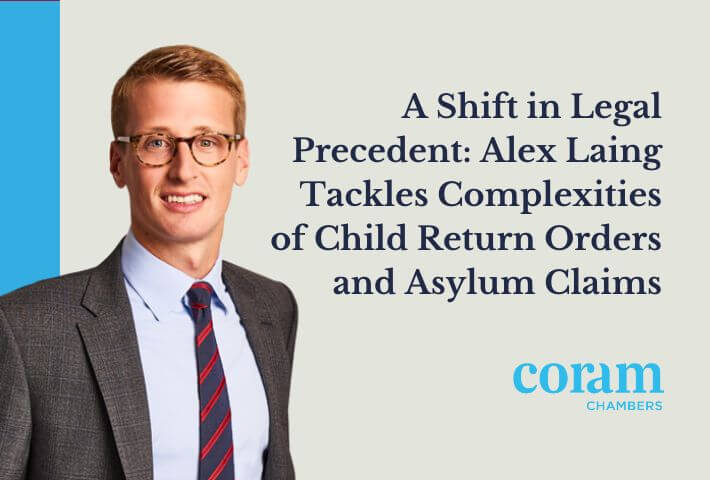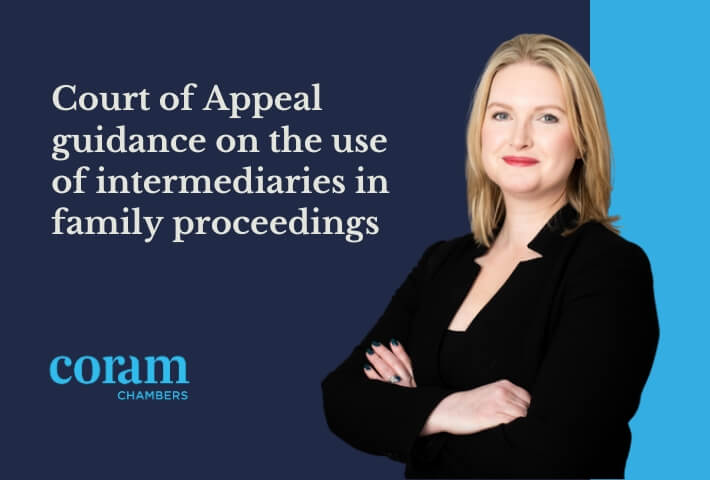
In a landmark case that has already captured the attention of the media, Alex Laing, a barrister at Coram Chambers, has played a role in navigating the intricate intersection of immigration law and child welfare.
This case, involving Kent County Council’s application for the return of two children under the inherent jurisdiction whilst the children’s asylum claims were still pending in the UK, presents critical questions about judicial authority and the evolving legal landscape.
Historically, UK law, informed by Article 7 of the Procedures Directive and Rule 329 of the Immigration Rules, has steadfastly upheld the principle that no removals should occur until a final decision on an asylum claim is reached. However, the seismic shifts brought about by Brexit and subsequent amendments to the Nationality, Immigration and Asylum Act 2002 have curtailed these protections, creating a new environment for vulnerable children seeking refuge.
The pivotal matter before the High Court was whether it possessed the jurisdiction to enforce return orders for children before the Secretary of State for the Home Department (SSHD) rendered a decision on their asylum status.
The court, recognising the changed legal framework, ruled that it now had the discretion to order a child’s return, provided that the cornerstone principle of non-refoulement was observed. This principle is crucial; it ensures that a child cannot be returned to a country where they would be at risk of persecution.
Alex’s engagement in this case underscores the necessity for courts to adapt to contemporary challenges, and the ruling aligns with similar judicial decisions in Northern Ireland and 2023 family law cases. It asserts that judicial authority remains intact, even amidst the complexities of pending asylum applications.
Key takeaways from this ruling are profound:
- The High Court possesses the authority to implement return orders for children before final determinations on asylum claims. However, this is contingent on robust non-refoulement protections to safeguard against a return to unsafe situations.
- The legal framework governing these matters has been fundamentally altered and influenced by Brexit-related shifts in UK immigration law.
- The court has a clear mandate to evaluate risk and safety in cases involving the return of children under both the Hague Convention and the inherent welfare jurisdiction.
- This decision is congruent with the legal reasoning observed in recent cases such as Re A (2024) and AB (2023), indicating a significant shift in the understanding of asylum protections in the post-Brexit landscape.
- Finally, the ruling reinforces the imperative that return orders must align with the principle of non-refoulement, thereby ensuring the welfare and safety of children remain paramount.
Further analysis of Alex’s work and its impact on child welfare and immigration law will be explored in Part 2, which addresses the next judgment in the same case.
Interested in being represented by Alex?



